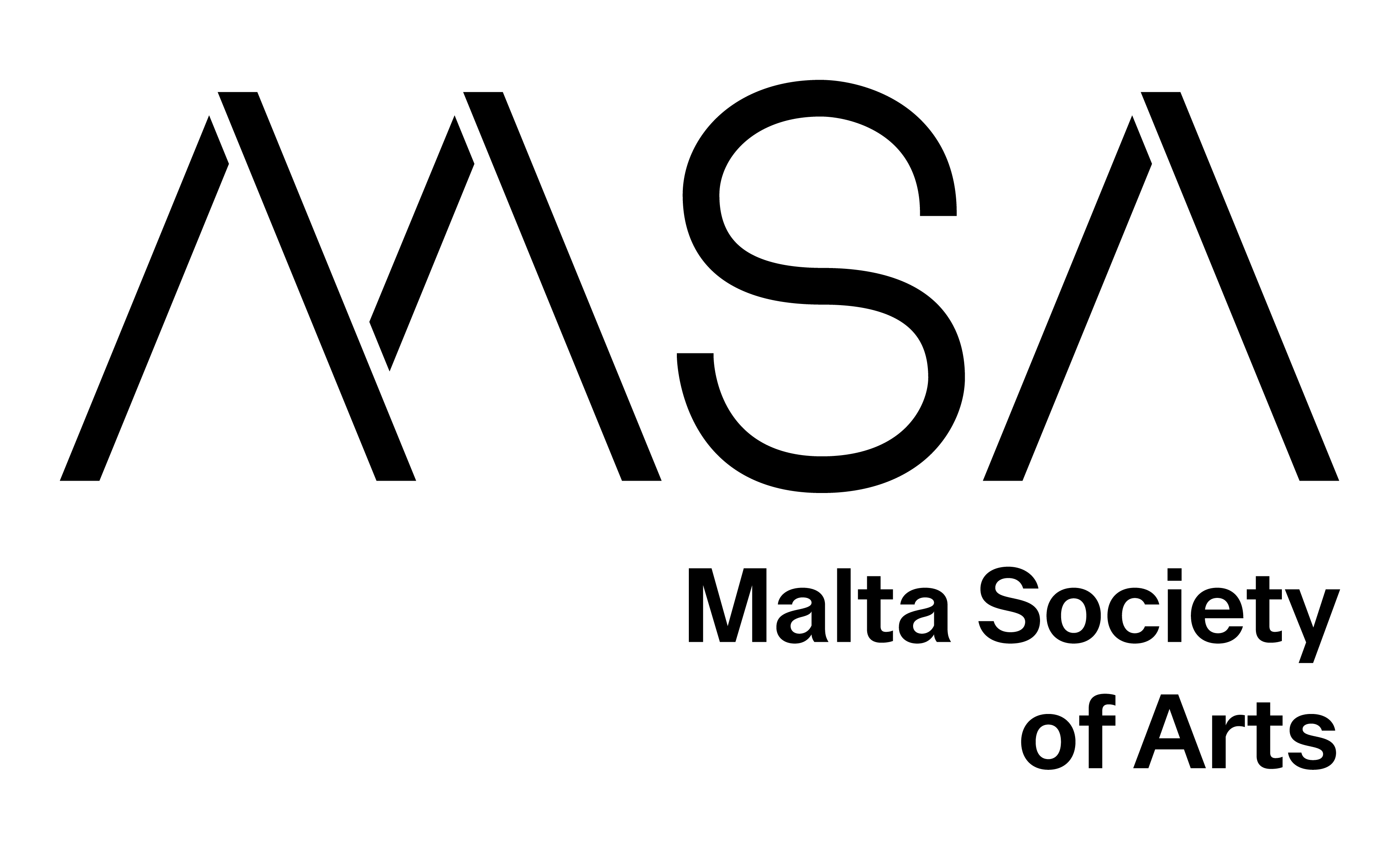What is to communicate with plant ? Is it to put electric cable to take the measure of electric signals ? When I do an electro cardiogram to the human body, do I really communicate with it ?
To communicate is to exchange, and we can only communicate with a self we recognize as part of our world. To communicate with plants then it is inevitably to be animist : we consider that plants have a mind, an intelligence and are capable to exchange with us some point of view.
From Phillipe Descola to Giraldo Herrera and Eduardo Kohn, contemporary anthropology shows that indigenous communicate with the being around themselves as personas. In “how forest think, toward an anthropology beyond the human” , Edouardo explains that the jaguars will consider you as a persona if you look at him in his eyes. If your turn him back, he will eat you considering yourself as fresh meat. For the plant, as Geraldine Correia said, it seems to be the same : If you are sincere with them, they talk to you and become sincere with you too. To talk with plant then, is to consider plants as personas as much as a jaguar can be or any life form could be.
To communicate with plants using indigenous methods you need several plants and create a context in which the plant will ‘feel’ safe to communicate with you. For this residency I will follow a very strict protocol of a personal diet, plant bath rituals and ceremonies in Sintra, Algarve and São Luís. One of them will be filmed as a performance I will call “ make peace with tobacco” at the residency of Cultivamos Cultura.
This month residence will be about to get in contact with plants such as Tobacco, Eucalyptus, Psychotria viridis, Banisteriopsis Caapi, Diploterys and Lavanda in order to establish a connection with the tobacco plant to heal me from my sadness to smoke in one hand and to explore the animist world in the other hand. What is it to consider the plant not only as a person but also as a doctor ? I will take notes along the process, make some drawings, pictures and videos and see what kind of art works could come out of this research on communication with plants and the indigenous way.
What if a new world after this will be possible where forest help us all ?
Born in 1977 in France, Julien Isoré is a multidisciplinary artist working in the field of non-human intelligence in the spectrum of art-science, law and biology. His work focus on our value system questioning Anthropocene and patriarchy.
At 24, after a master's degree in public law and a post-diploma in comparative intellectual property, Julien works for French national television in the field of entertainment as an artistic collaborator. At 28, he opened his first painting studio in Paris and developed his Prussian blue oil technique questionning optical persception. He follows a research on rich black and abstraction with the painting of imbalance.
In 2007 he launched his first Total-Art work: the international advertising campaign for love (LOVE: www.artforlove.fr ). In 2007, Julien joined the C.i.e.b.a. (School of Fine Arts of Lisbon) with its project "Comparative LAB" (https://dessinisore.blogspot.com/ ) in collaboration with the School of Medicine of Lisbon and the School of Sociology of the Imaginary of the University of La Sorbonne. Julien produces and organizes international exhibitions, collective performances, published articles and festivals on the theme of the collective imagination and its relationship with art. He is particularly interested in art-science and the process of building new cultures. In 2014 he launched his second Total-Art work : “Alan Tod, the forest artist” and developed the concept of forest-art www.alantod.com
In 2017, he began a collaboration with Marta de Menezes (Portugal) to develop forest-art and founded the forest Embassy with Alex Romania (USA): a network of artists helping to create works of art made from the forest. He exhibits this project with Cultivamos Cultura in the United States, Mexico and Europe. In 2021, he produced two works made of forest, "New fountain" a ready-made of a wild forest in New York State in the United States, and "4 linhas para um sonhos", a planted forest in the Alentejo region in Portugal. In 2022, Julien Isoré becomes production manager at Vent des Forets, an art center in the forest in Est France and continues his research to prepare a PhD on Forest-art.
Back







